The Book of Chuang Tzu
£9.40£10.40 (-10%)
The Book of Chuang Tzu draws together the stories, tales, jokes and anecdotes that have gathered around the figure of Chuang Tzu. One of the great founders of Taoism, Chaung Tzu lived in the fourth century BC and is among the most enjoyable and intriguing personalities in the whole of Chinese philosophy.
Read more
Additional information
| Publisher | Illustrated edition (30 Nov. 2006), Penguin Classics |
|---|---|
| Language | English |
| Paperback | 352 pages |
| ISBN-10 | 014045537X |
| ISBN-13 | 978-0140455373 |
| Dimensions | 12.95 x 2.08 x 19.69 cm |

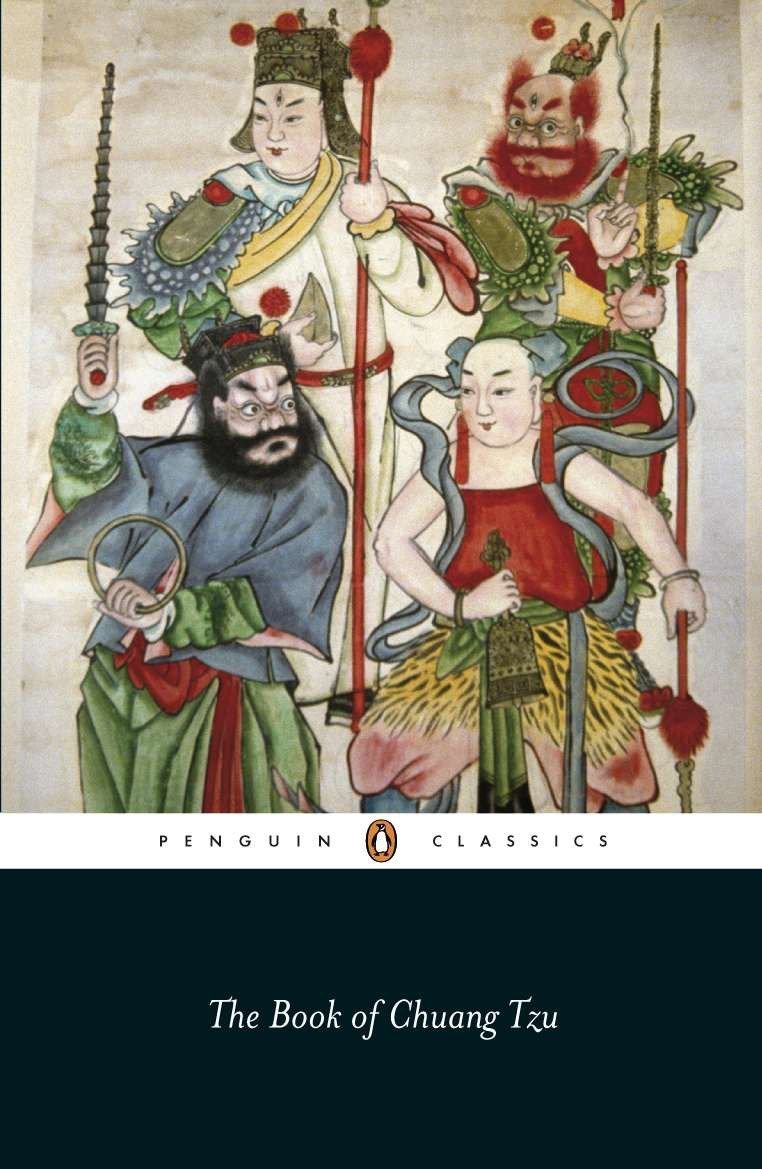
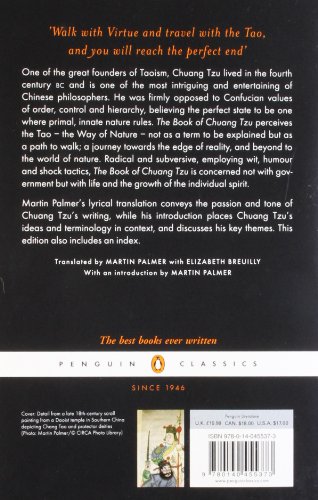
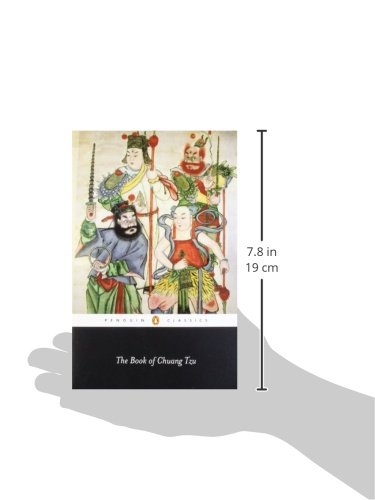

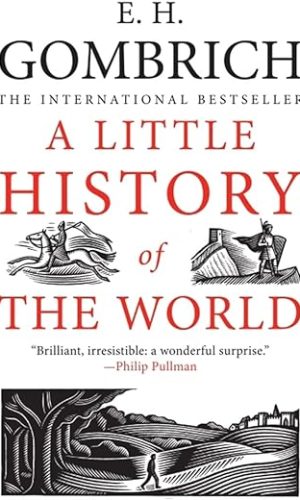

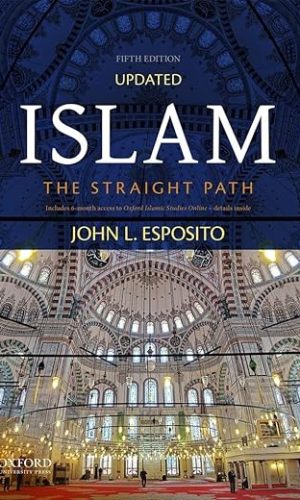
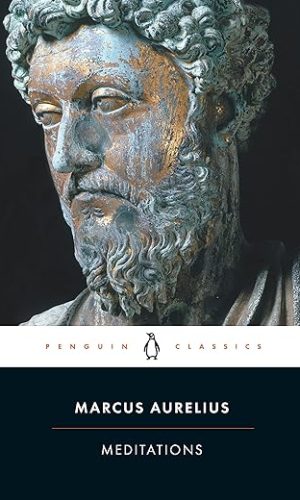
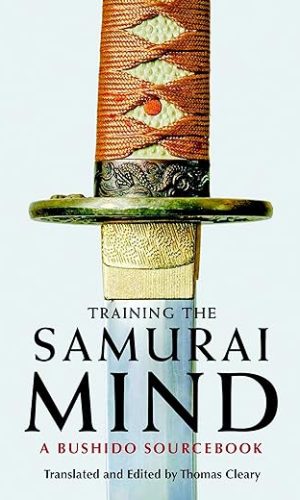
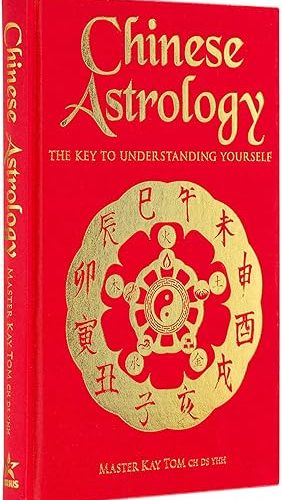
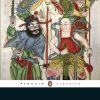
by Moddeydhoo
Great companion book to the Dao De Ching. This is written as short entertaining, thought provoking and often humorous short stories illuminating daoist philosophy. I personally love reading, learning and attempting to bring a taoist outlook into my life. You may or may not depending on your views and opinions on Taoism. In my view it’s a great addition to my library.
by DRock 181
An excellent translation of one most three most important Taoist texts
by I. Jones
I first read The Book of Chuang Tzu in an earlier translation back in the 80s and found it weird, strange and compelling. That edition is now in a box in my storage unit and I haven’t seen it for years, so I bought this Penguin edition to remind myself of what Chinese wisdom is all about. I thought I need to know, given the importance of China as a major economic power in today’s world. Somewhere in the same storage unit I have a very old Penguin Classics edition of the Tao Te Ching usually ascribed to the legendary founder of Taoism, Lao Tzu. I see there is a more recent Penguin Classics translation of the Tao Te Ching, and I would advise the reader to tackle this before reading Chuang Tzu. Martin Palmer explains the relationship between the two in the introduction to Chuang Tzu. He also gives his take on whether Lao Tzu existed or not. Not, apparently. That is disappointing, as I have always liked the idea of Lao Tzu taking the proverbial out of Confucius. A few months ago I read Gore Vidal’s Creation, in which the narrator – a Persian traveller – meets Confucius, Lao Tzu, the Buddha and Socrates. This would have just about been possible if the traditional dates given for the life spans are correct. Surprisingly, Vidal clearly prefers Confucius to Lao Tzu, as human beings anyway. Surprising because I associate Confucius with things Vidal doesn’t usually like: authoritarianism, hierarchy, order, obedience, tradition. You can draw a straight line between Confucius, Mao Ze Dong and the current regime in Beijing. On the other hand, Lao Tzu seems to be more liberal, seditious, sceptical, playful, contrarian, mocking. And those traits are replicated in Chuang Tzu who often uses Confucius as a figure of fun, a philosopher who has a knack of getting it wrong. But then so do all the other philosophical schools mentioned in this book. They are all trying to find the Tao, but they just don’t get it.
Having said that, I’m not sure that I get it, although I’ve been trying to get it for nearly fifty years now. If you’re looking for a simple explanation of the Tao, you won’t find it in the introduction or in the body of this book. The translator sees Chuang Tzu’s philosophy as a development of shamanism set against the bureaucratic philosophies of Confucius and others. You could argue that their concern with order and good government is sensible and practical, whereas the Taoist injunction, “do nothing and all things will be done,” doesn’t seem to make any sense – until you think about it and realise that the more us humans do to disrupt the natural world, the more damage we do.
This translation is already 25 years old but is fresh and lively and as the blurb on the back says, it “conveys the passion and tone of Chuang Tzu’s writing”. I’d recommend it for anyone who wants to try to understand the Tao, or at least get some insight into an important aspect of Chinese culture.
by Adrian J. Smith
Chuang Tzu (more correctly rendered as Zhuang Zi) is perhaps the second most important figure in Daoism after (the possibly Mythic) Lao Zi. The book of Chuang Tzu (henceforth referred to as Zhuang Zi) is a collection of anecdotes, stories, and analogies of Zhuang Zi’s teachings on how to achieve the Tao, or the way.
The Tao, Dao, or Way is essentially the same concept as found in Tao Te Ching (or Dao De Jing) but is elaborated more so, and as such, is more accessible.
The origin and precise canonization of this book is unsure, as Zhuang Zi often refers to himself in the third person, and it makes reference to Confucius and Lao Zi, who appear in the stories, however more as metaphorical figures rather than some actual historical account.
The translation is very good and readable, the only defect is that it insists on using the outdated and phonetically inaccurate Wade-Giles Romanization system. This may not be such a defect for those in the West who are using the book purely for scholarly or personal reasons, however try speaking with any Wade-Giles word the way it is phonetically rendered to a Chinese person, and you will not be understood.
Essentially, Daoism is an ascetic philosophy (or religion, depending on one’s definition) and this book (the second most important after Tao Te Ching) is perhaps a better introduction to Daoism, and lays out the essentially ascetic philosophy of personal contentment, adaptation and harmony.
By no means an easy read, and a book that needs revisiting, and re-examining, but a very good book for those who want to further understand Daoism, or Chinese thinking in general.
Note however that the Daoist school of thought is very different, and in many ways, at odds with the Legalist school of thought (Confucius, Mencius) and as such gives one a different view of Chinese philosophy than the over reaching and all encompassing Confucian societal structure. However, essential reading for those who wish to understand the more spiritual aspects of Chinese thought.
by Amazon Customer
The Book of Chuang Tsu is the other great work of Taoism (as opposed to general Chinese masterworks) and is considerably different to the Lao Tzu/Tao Te Ching. It consists of short stories, often with Confucius and other legendary figures as participants – illustrating aspects of the Tao and of Chuang Tzu’s thinking. (Or in the case of Confucius more often demonstrating what not to do.)
The stories are interesting, (and central) but if you are looking for an introduction to Taoism or the thinking of Taoism I’d recommend you read the Tao of Pooh first (Ben Hoffman).
As I have only read this version, I cannot comment with any authority on the merits of the translation. Though Martin Palmer is a bona fide thinker in that he is not a mere academic translating a text – he is someone who has feeling for the Tao. (He has written lots of other stuff which suggests this.) Which is a good thing.
There is much wisdom in this book, but it is not preachy. Recommending a classic of literature like this is like reviewing and recommending the Bible or any other ancient text. But it is not preachy, and expects nothing of you than to read it. This is what all good books are about. Recommended!